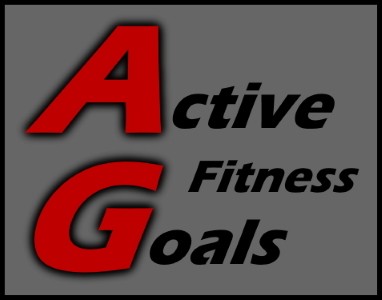Benefits of resistance training
So why should you start your beginner resistance training programme today?
- To be stronger in every day life. You’ll find it easier to carry your shopping, pick things up, lift things off a shelf etc.
- Burn more calories and find it easier to lose weight. More muscle = higher metabolism. You’ll burn more calories both during your workouts and after.
- Reduce the risk of injury and disease such as heart disease, arthritis, diabetes.
- Increase bone density and defends against osteoporosis
- Keep mobility and strength as you age. Remain more able as you get older.
- Feel better. Strength brings extra confidence. Plus, you’ll get a dose of positive hormones each time you work out.
- Look better. Who doesn’t want to lose a bit of weight and develop a more toned and muscular physique?
Timing
The best time to train is the time that you are most likely to commit to. Don’t try and train in the mornings if you really are not a morning person. Likewise, don’t try and train in the evenings if you are always too tired after work.
Some people like training at the weekends as they have more time. Some people would rather get their workout done as part of their week day routine to keep their weekends free.
Experiment with different times and find the one that works best for you and that you will stick to.
Nutrition
It is important to eat and fuel your body appropriately for the goal that you are looking to achieve.
Read my article ‘The Macros Diet, A Healthier Way’ for all the information you need on calculating your calories and tailoring your food to your desired goal.
I also have a number of recipes available on the Active Pinboard blog page.
Sleep
Your body needs time to recover from resistance training, so it is important that you are getting a good 7-8 hours sleep per night. At least as close to this as possible.
It has also been proven that lack of sleep increases the likelihood of gaining weight.
Find out more about how to get the right amount of great quality sleep from our friends over at Repke Fitness in their article: How to get the proper amount of sleep.
Equipment
What should you take to the gym with you?
- Gym bag
- Water bottle
- Weight lifting gloves
- Padlock
- Earphones (if you want to listen to music)
- Music player or phone (to play music on if you wish)
What about clothing?
You should ensure that you are wearing breathable sports clothes and remember that you are likely to get warm during your workout. Shorts, a t-shirt or a sleeveless top are a good idea. Denim is banned from most gyms.
Supportive trainers are also a must to support your ankles and protect your feet. Most gyms won’t let you train in any open toe footwear.
Gym etiquette
Here are a few tips on fitting in and getting on with people in the gym.
- Respect others and the equipment
- Don’t drop weights on the floor
- Dress appropriately, clean clothes
- Clear up and return the equipment to where it belongs when you’ve finished
- Don’t talk to others mid-exercise
- Share equipment
- Don’t sit on your phone
- Avoid excessive grunting, shouting etc
- Don’t leave your sweat on the equipment
- Don’t stare at others training
- Remember the deodorant
Confidence
I think it’s important to realise that everyone in the gym is there to achieve their fitness goals. Don’t be put off by others having more experience, lifting more weight or just being closer to achieving their fitness goals. Everyone needs to start somewhere, and I believe that most gym goers respect that.
It’s also my experience that those that take their training seriously are normally more than happy to help you and offer advice.
DOMS
Just a quick note on DOMS (delayed onset muscle soreness). You are likely to ache a bit the next day in the muscles that you have trained at the gym. This ache is normal and as time goes on you will come to recognise it as a sign that you have trained hard the day before. Don’t let it put you off.
Soreness and pain are not the same. If you think that you are experiencing pain that is not normal then make sure you get it checked out by a health professional.
If you experience any pain during exercise, you should stop what you are doing straight away and consult a professional.
Training programmes
You should have a good training programme that ensures that you are training all your muscles in the correct way. A training programme should be balanced so you develop opposite muscles equally. The intensity of your programme should also match your fitness level.
Where to start?
Take a look at my Online Personal Training Programme.

We regularly update our Instagram account with motivational & informative content – come check us out: @activegoalsfitness


Nice read, I just passed this onto a friend who was doing a little research on that.